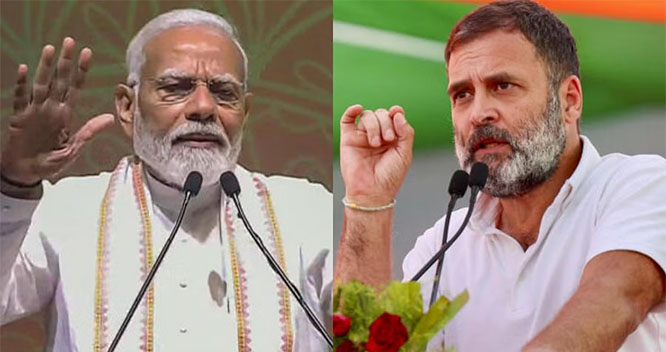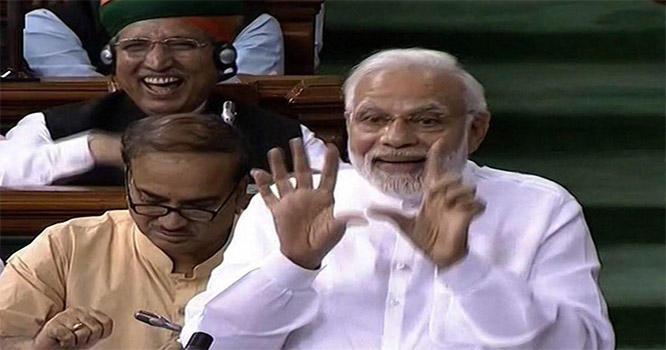
The Ministry's move to hand over these airports, developed by the Airports Authority of India (AAI), through public- private partnership in the next 2-3 months to private parties suffered a setback with the sale of bid documents for Chennai and Lucknow airports being postponed by several weeks.
"We are quite optimistic about doing it within the time- frame. There is some cushion period available which we are using now," Civil Aviation Secretary K N Shrivastava said when asked whether the entire process of bidding, selection of the bidder and the award of the project would be completed before the general elections likely early next year.
"We are going through the process of consulting all stakeholders, including Planning Commission. We have held pre- bid consultations with prospective bidders. Our effort is to see that Request for Proposal (RFP), Requests for Qualification (RFQ), the concession agreement and other documents are properly drafted so that no issues are raised later," he said.
To questions on changes being made in the documents, Shrivastava said, "The stakeholders have given several suggestions. We may incorporate some of the valid suggestions and change the RFQ accordingly. The documents have to be legally perfect."
The private parties, which are in the race to participate in the operation, management and transfer of these airports at Chennai, Kolkata, Ahmedabad, Jaipur, Lucknow and Guwahati and wanted to submit the RFQ, have raised several issues including those relating to workforce and returns to be given to AAI.
It is understood that the delay in finalising the bid documents has been caused by legal and technical problems that cropped up in the finalisation of the concession agreements that required to be signed between AAI and the selected private entities for these six airports.
Several private firms, like IL&FS Transportation Networks, Essar Projects India, Cochin International Ltd, Essel Infraprojects Ltd, GVK, Fraport, Saudi Arabia, GMR Airports Ltd, Sahara Group and Turkish firm Celebi Habacilik Holding AS, had shown interest in participating in the Chennai airport project. Their representatives had also visited the airport for site inspection last week.
In early September, the AAI had launched the process of allowing private parties to pick up 100 per cent equity stake in operation and management of six airports through the public-private partnership (PPP) mode.
The successful bidder is supposed to enter into partnership with the AAI on a 30-year lease to operate, manage and develop facilities at these airports. The scope of the project includes the entire airport, including the airside and city side facilities.
All these six airports have already been modernised by state-run AAI at a high cost to the exchequer. The modernisation of Kolkata and Chennai airports alone has cost the AAI Rs 2,325 crore and Rs 2,015 crore respectively.
The move has come under severe criticism from several quarters, including airlines and their global representative body, International Air Transport Association, primarily on the grounds that it would lead to massive hike in airport costs and charges.
Political parties like BJP, CPI(M) and CPI have opposed the move. with some of them demanding that the entire plan be scrapped.








Comments
Add new comment